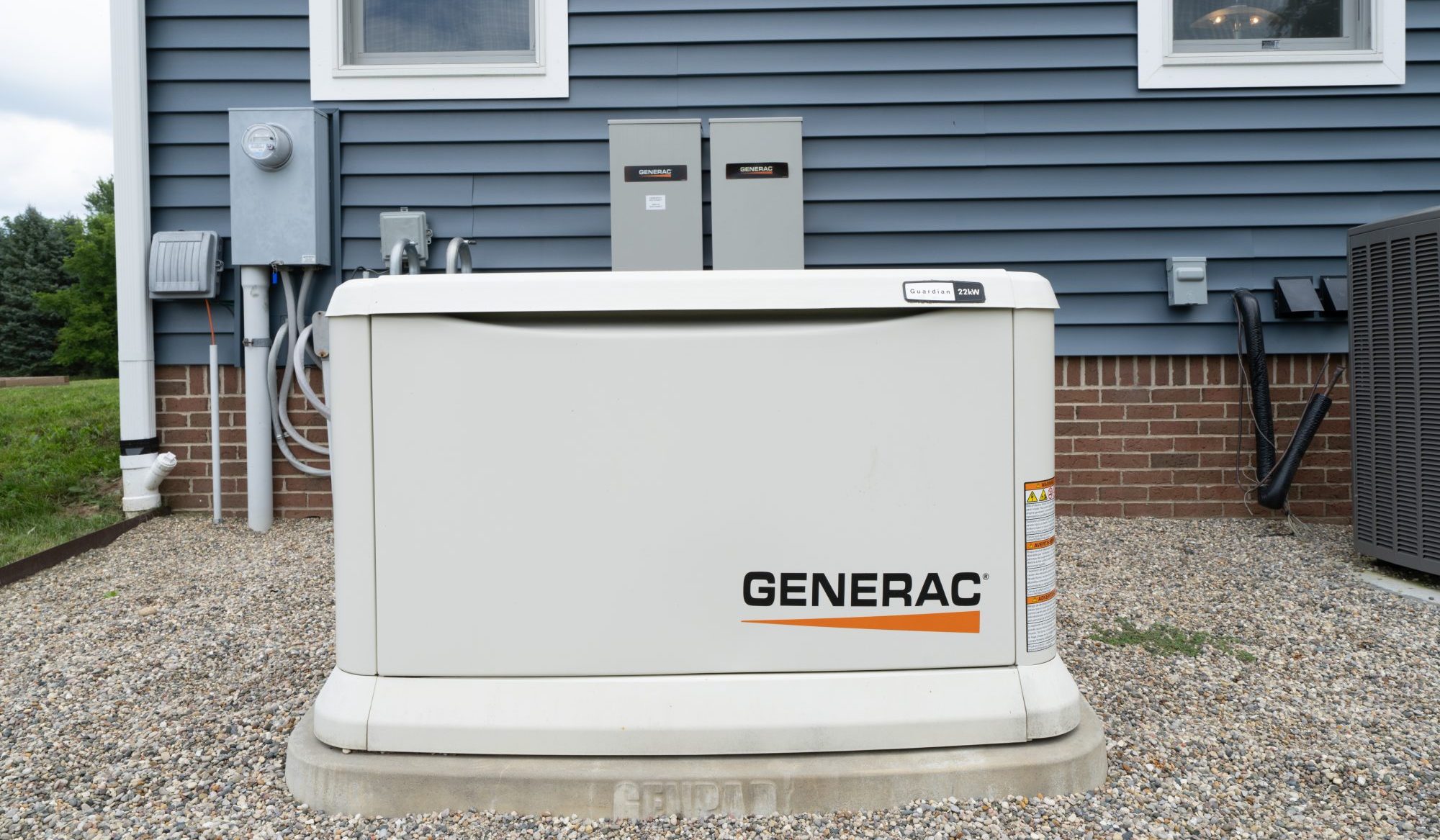What’s the Difference Between 15-Amp Outlets and 20-Amp Outlets?
Looking For A Specific Post? Search Below
What’s the Difference Between 15-Amp Outlets and 20-Amp Outlets?
Choosing the right amperage can save you from frustrating power interruptions and potential safety hazards. Whether you’re renovating your kitchen or setting up a workshop, knowing when to use 15-amp versus 20-amp outlets will help you make informed decisions about your home’s electrical system. At Generator Technologies, Inc., we help homeowners navigate these electrical decisions to ensure safe, efficient power distribution throughout their homes. There are notable differences between these two outlet types:
- Current capacity: 15-amp outlets handle standard household devices, while 20-amp outlets support higher-power appliances
- Physical appearance: 20-amp outlets feature a distinctive horizontal slot alongside the standard vertical slots
- Wiring requirements: 20-amp outlets need thicker 12-gauge wire compared to 14-gauge wire for 15-amp outlets
- Cost considerations: 15-amp outlets are more affordable, but 20-amp outlets provide better long-term value in high-demand areas
How Much Current Can Each Outlet Handle?
The fundamental difference lies in current capacity. A 15-amp outlet safely delivers up to 15 amperes of electrical current, while a 20-amp outlet can handle up to 20 amperes. This 5-amp difference might seem small, but it significantly impacts which appliances you can use safely.
For perspective, most standard household items like lamps, televisions and phone chargers draw between 1-5 amps. However, kitchen appliances like microwaves and coffee makers can quickly approach or exceed a 15-amp outlet’s capacity when used simultaneously.
How Can You Tell Them Apart Visually?
Identifying outlet types is straightforward once you know what to look for. Standard 15-amp outlets feature two vertical slots and a round ground hole. The 20-amp outlet includes these same features plus a horizontal slot extending from one of the vertical slots, creating a distinctive “T” shape.
This horizontal slot accommodates the special plug configuration found on high-amperage appliances. However, standard 15-amp plugs can still fit into 20-amp outlets, providing flexibility for mixed-use applications.
What Wiring Do These Outlets Require?
Behind the wall, these outlets demand different wiring specifications. A 15-amp outlet uses 14-gauge wire, while 20-amp outlets require thicker 12-gauge wire to safely carry the increased current load.
Installing a 20-amp outlet on 14-gauge wiring creates a dangerous mismatch that could lead to overheating and fire hazards. Always ensure your wiring matches your outlet specifications—this is where professional consultation becomes essential.
Why Choose 15-Amp Outlets for Your Home?
Standard 15-amp outlets offer several advantages for typical residential applications:
- Budget-friendly installation: Lower material and labor costs make these outlets economical for general use
- Perfect for everyday electronics: Sufficient power for televisions, computers, lamps and small appliances
- Wide compatibility: Most household devices are designed to work with standard 15-amp circuits
These outlets work perfectly in bedrooms, living rooms, and hallways where power demands remain relatively low and consistent.
When Do 20-Amp Outlets Make Sense?
Higher-capacity 20-amp outlets provide distinct benefits for demanding applications:
- Increased power capacity: Support for heavy-duty appliances and multiple high-draw devices
- Reduced circuit overloads: Less frequent breaker trips when running multiple appliances simultaneously
- Enhanced safety margins: Better protection against electrical stress in high-demand situations
The additional current capacity means you can operate power tools, large appliances, and multiple devices without constantly worrying about overloading your electrical system.
Plan Your Electrical System for Maximum Safety
Choosing between 15-amp and 20-amp outlets depends on your specific power requirements and usage patterns. Remember that electrical work involves safety considerations beyond simple convenience. Proper installation ensures your family’s protection while maximizing your electrical system’s efficiency and reliability. Don’t compromise on electrical safety: let Generator Technologies, Inc. help you make the right choice for your family’s protection. Contact us for a professional assessment.
Related Blog Posts
What Should Homeowners Know About EV Charging Installation?
With the rapid rise of electric vehicles (EVs) on our roads, more homeowners are shifting gears from gas pumps to plug-in power. While public charging stations are becoming more common, nothing beats the convenience and reliability of waking up to a fully charged car right in your own garage. At…
How to Keep Your Home Generator in Working Order for the Winter Season
Winter storms can hit unexpectedly, often bringing heavy snow, ice and biting cold that can strain the power grid. When the lights go out, your home generator is your lifeline, keeping your heat running and your family safe. But just like a car sitting in the garage for months, a…
How to Determine When to Replace or Repair Your Commercial Generator
Commercial generators serve as the backbone of business continuity, powering critical operations when the grid fails. When your generator starts showing signs of wear, you face a crucial decision: invest in repairs or purchase a replacement unit. This choice impacts your budget, operations and long-term reliability. At Generator Technologies, Inc.,…
Google Reviews


Financing Available*
Flexible options to secure reliable power
solutions for your home, family & business!





